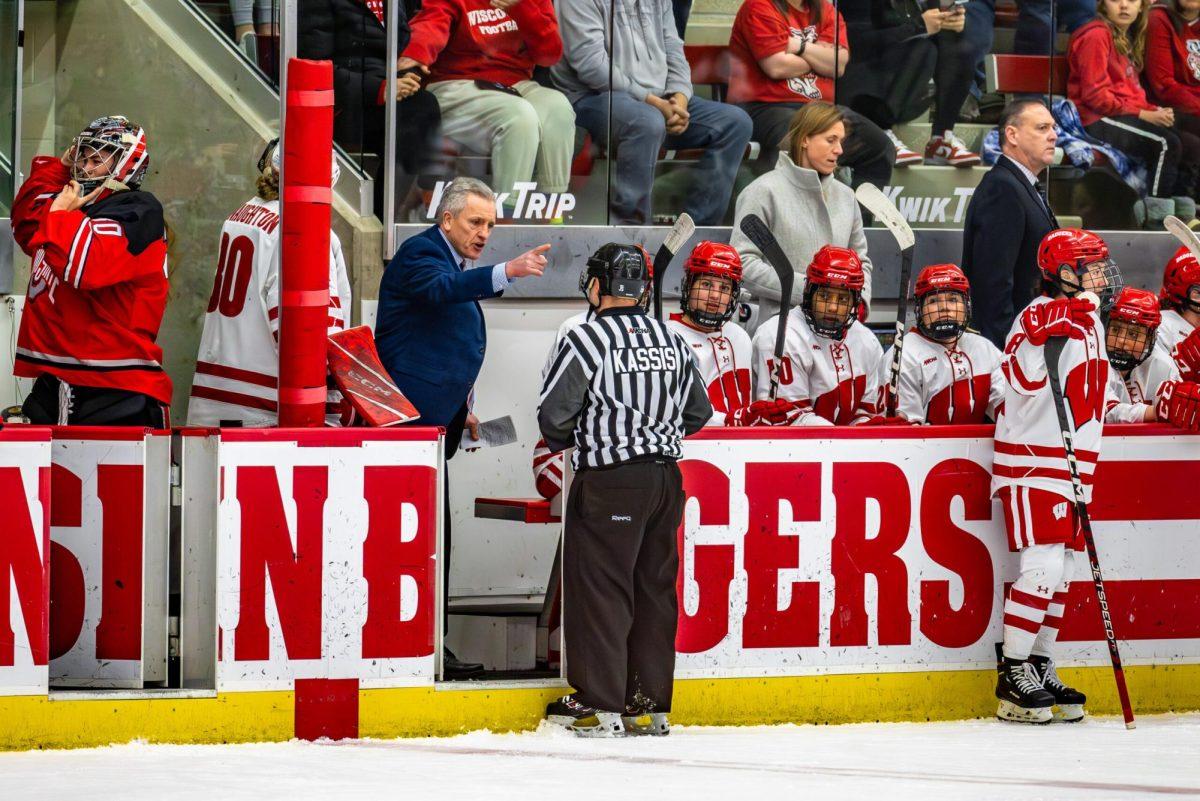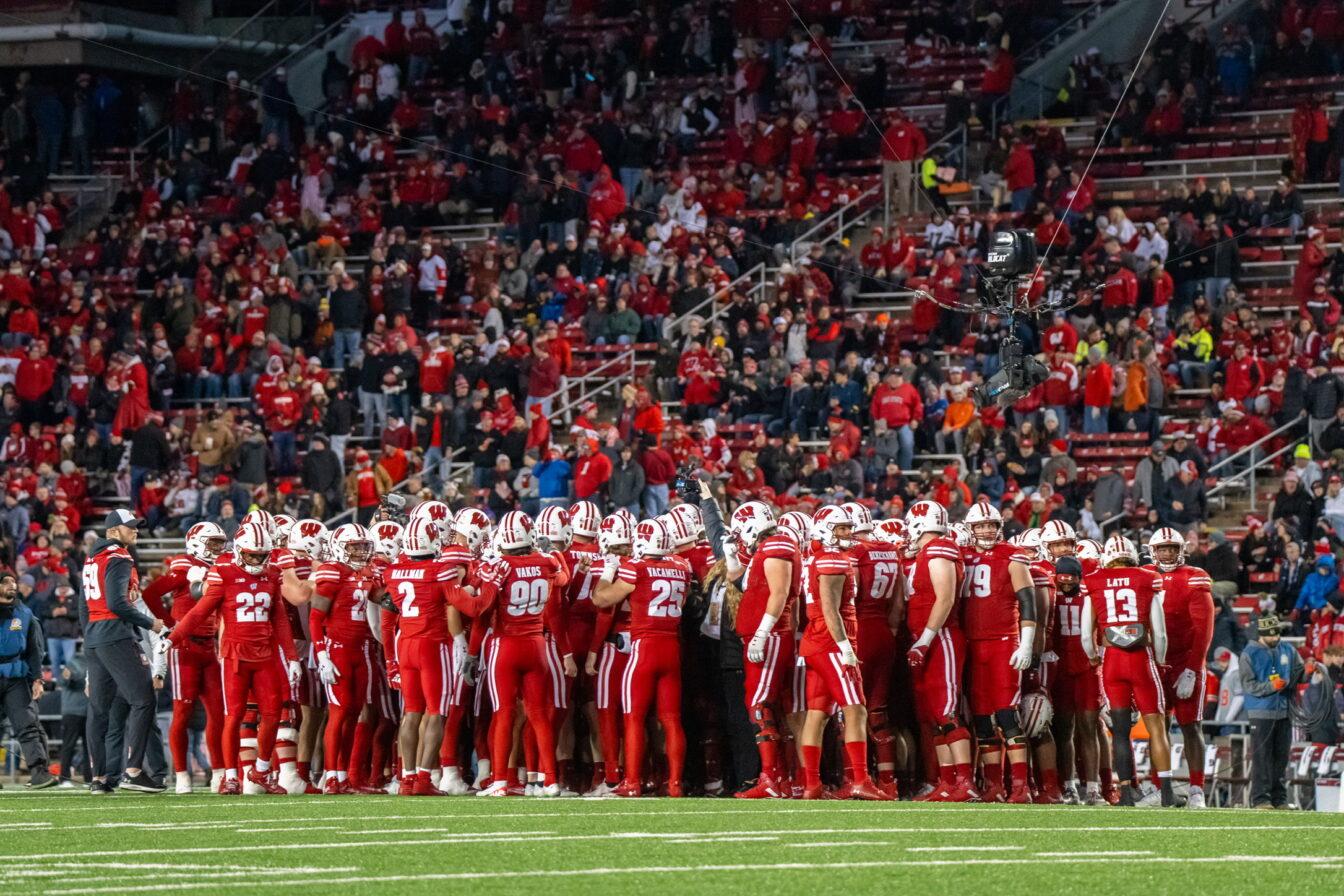Talk about a war of words.
Florida coach Steve Spurrier thinks his team is bound for a letdown, and if the last three years are an indicator of how his team will perform, then the Florida State Seminoles will come into Gainesville and defeat his Gators this Saturday.
Seminole coach Bobby Bowden, on the other hand, thinks with his team one loss away from being out of the Top 25 for the first time in 12 years, his team might as well put up the caution signs right now.
Perhaps the reason for the coaches’ lack of confidence in their respective teams is that things are a bit different this year. It is the first time since 1989, the year before Spurrier took over at UF, that both are playing each other when not ranked in the Top 10. Regardless, since 1990, the annual matchup between Florida and Florida State has been far and away the best rivalry in college football.
“When I first got here, it wasn’t much of a rivalry between Florida and Florida State,” Bowden said. “It was from a Florida State [standpoint], but Florida had bigger rivals in Georgia and Miami.”
Enter Steve Spurrier. Consider this: since Spurrier took over in Gainesville, he has spent one week out of the Top 25 — his first week at the school.
The Gators have gone 197 Mondays in a row finding their name in every poll. Florida State is no slouch either. Since 1990, FSU ranks No. 1 in wins — Florida is No. 2 — and both are two of only six schools since 1970 who have won 100 games in a single decade. FSU and UF have combined for three national championships in the 1990s (FSU: 1993, 1999; Florida: 1996), had a combined 72 players on NFL opening-day rosters in 2001 and had a total of 36 first round draft picks since 1989.
Since the series began in 1958, the two universities have squared off 45 times, with Florida holding an overall edge of 26-17-2, but in the Spurrier era the Gators find themselves at an 4-8-1 disadvantage. This in-state rivalry has been marred by a succession of streaks. Florida won eight straight games from 1968-1976, lost the next four games, then won the next six consecutively from 1981-1986.
The streak this year is on the side of the Seminoles. FSU has won the last three contests between the two teams with its defense as its rallying point. Over the last three meetings, Bowden’s bunch has held the always-potent Florida offense to 109.2 yards under their season average. So, if history is any indicator, Florida needs to get going offensively.
The ground game has been the key factor in those meetings, as the team which has rushed for more yardage has won 11 of the last 13 engagements.
With only two games left on the regular season schedule, UF only needs 139 yards on the ground to eclipse the season total from a year ago. Much of that can be attributed to the steady play of running back Earnest Graham, who has racked up 607 yards and eight touchdowns on the ground thus far in 2001. The junior’s sprained left ankle could slow him down, which puts even more pressure on Heisman candidate Rex Grossman.
Grossman could be the first Heisman winner in Gainesville since 1996 when Danny Wuerffel took home the award. All of the starting signal callers in between Wuerfel in ’96 and Grossman in 2001, except one (Noah Brindise), currently find themselves on NFL rosters — Wuerffel, Doug Johnson and Jesse Palmer.
With this taken into account, recent FSU Heisman winners have come from the quarterback position as well — Chris Weinke and Charlie Ward. But over the last five years, the Seminoles have started the lackluster names of Thad Busby and Marcus Outzen as the signal callers, yet still they have been successful.
Many may think Chris Rix would fall into the Busby/Outzen category, but his numbers do not lie. Rix’s 21 touchdown passes rank him No. 11 all time for FSU freshman, and he is only six behind third-place Charlie Ward.
Despite the quarterback position, the series seems to favor the home team, who has won five out of the last six meetings. The Gators also are 67-4 (two of the losses at the hands of FSU) in the Swamp since 1990.
2001, however, is a completely different story than years past. With Florida State entering the game ranked No. 20 in the polls and starting only seven seniors, the Seminoles have already clinched an end to their consecutive 10-win season streak at 14. But one thing has not changed: Bowden will rely heavily on his defense.
Sophomore linebackers Kendyll Pope and Michael Boulware, along with sophomore Darnell Dockett, will anchor a group of underclassmen against a myriad of viable offensive options like Jabar Gaffney and Reche Caldwell. Chris Hope, one of two seniors in the Seminole secondary, will have the unenviable task of trying to handle arguably the best receiving corps in America.
Saturday will be the seventh time the Gators have faced a ranked opponent this season, and with a win, Florida will set a Southeastern Conference record with 12 consecutive nine-win seasons. Spurrier, despite the team’s top-10 rankings nationally in total offense and defense, is not taking FSU’s No. 20 ranking lightly.
“We haven’t beaten these guys since 1997, so it would be ridiculous to think they don’t have a chance to beat us,” Spurrier said. “They know that, but they just aren’t saying it.”
Bobby Bowden is only two wins behind Bear Bryant and four behind Joe Paterno on the Division I-A all-time win list. But Paterno will have the mark until at least 2002.













